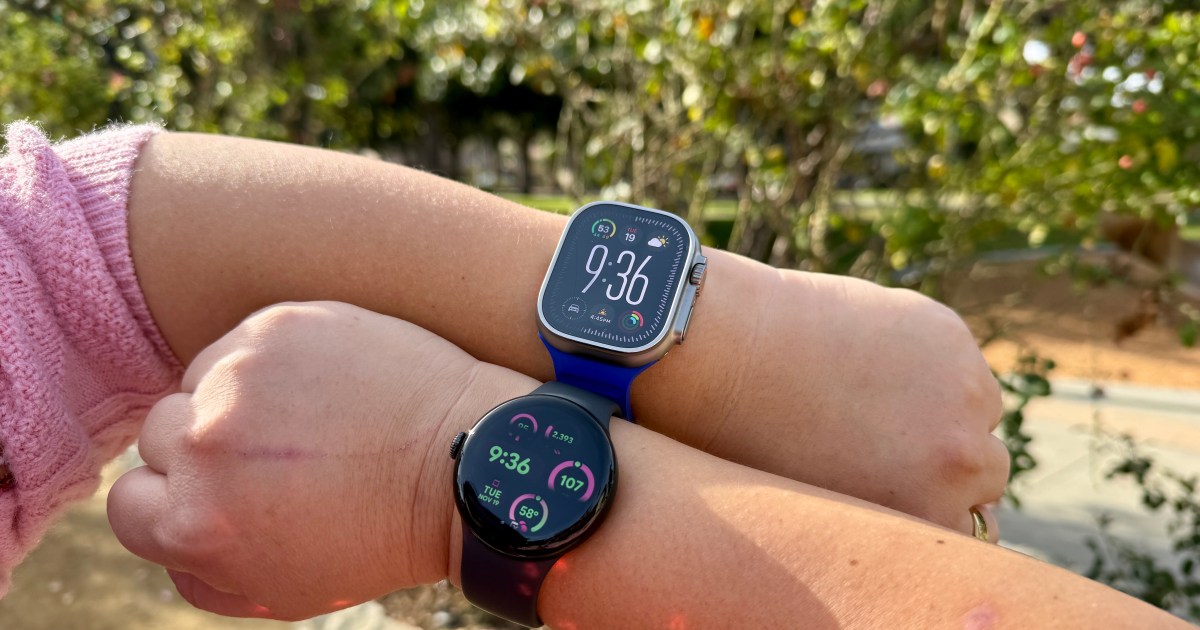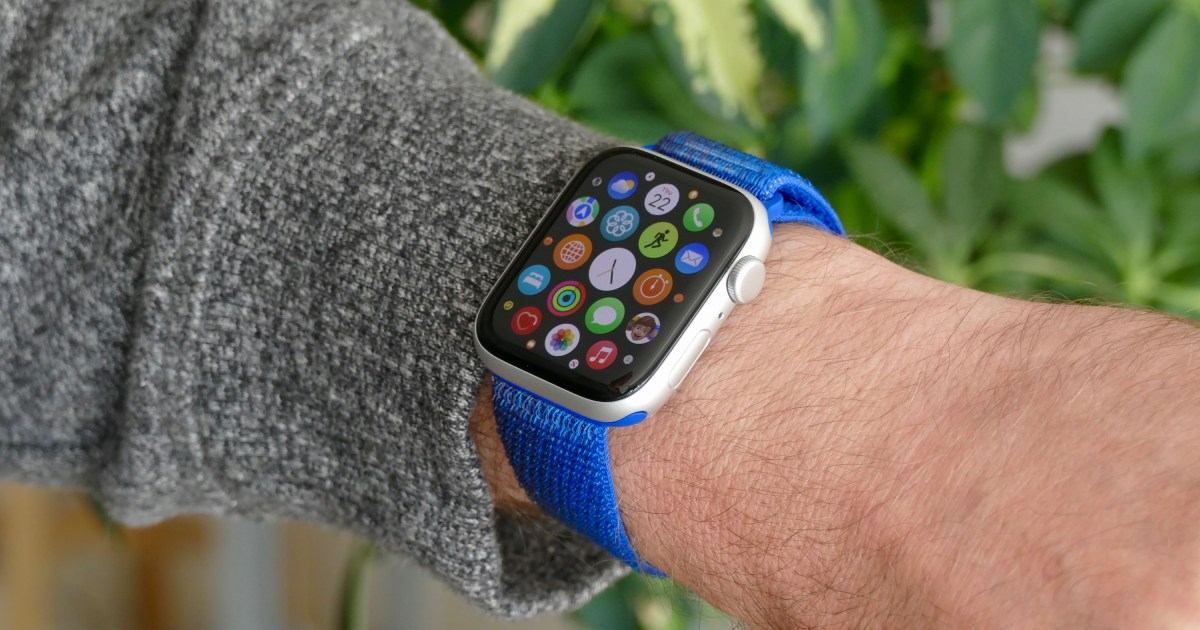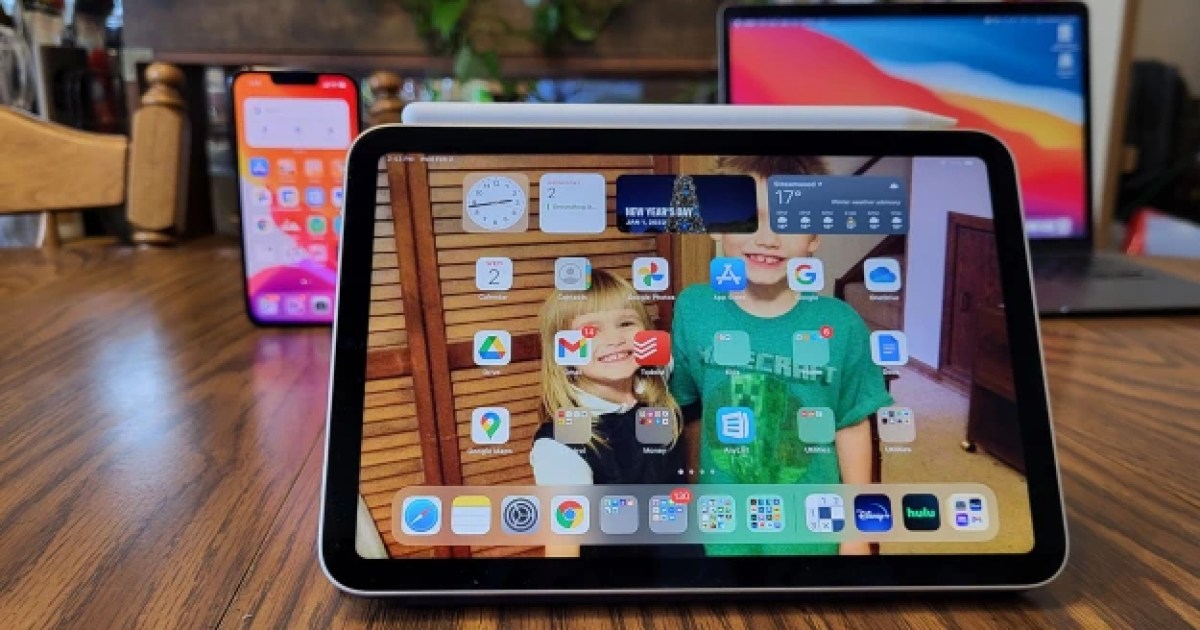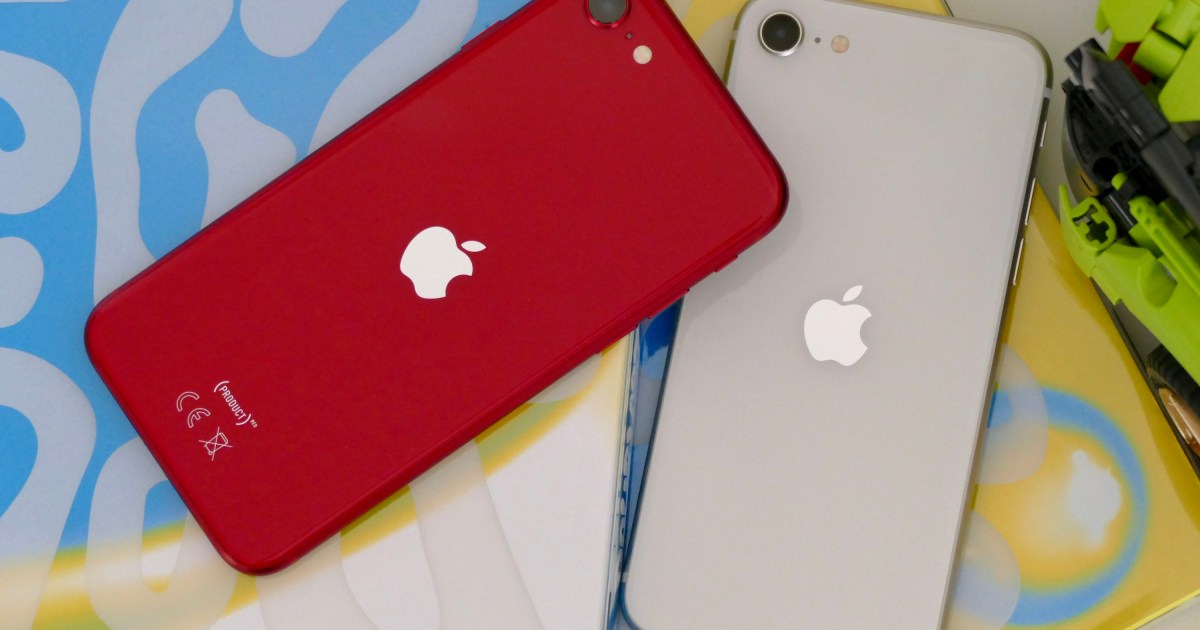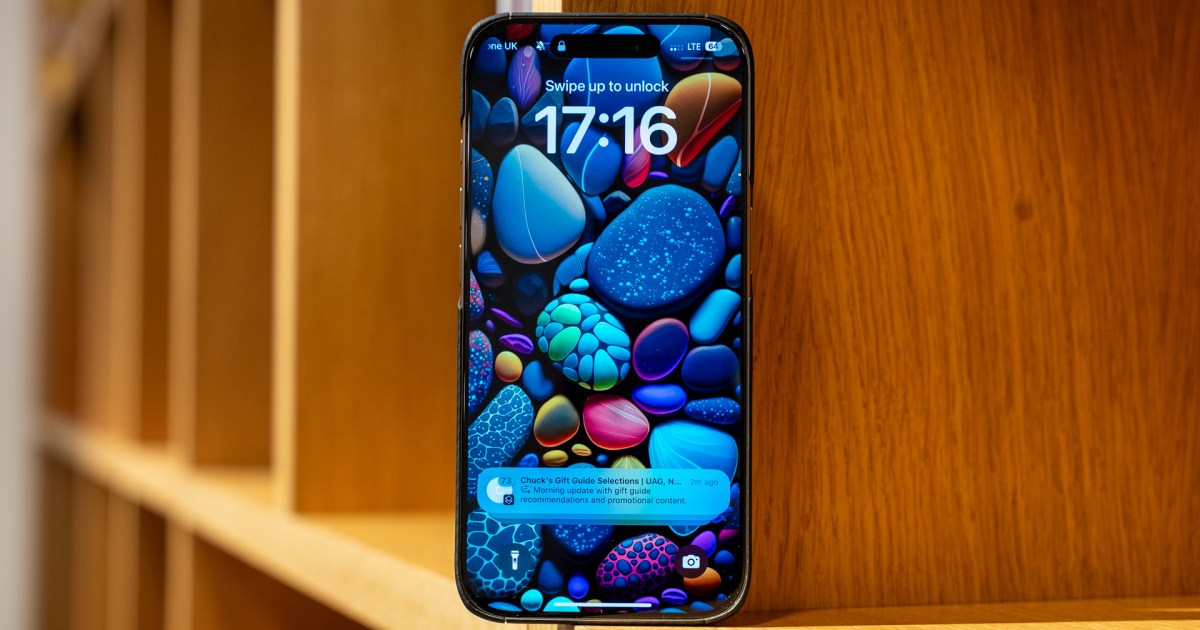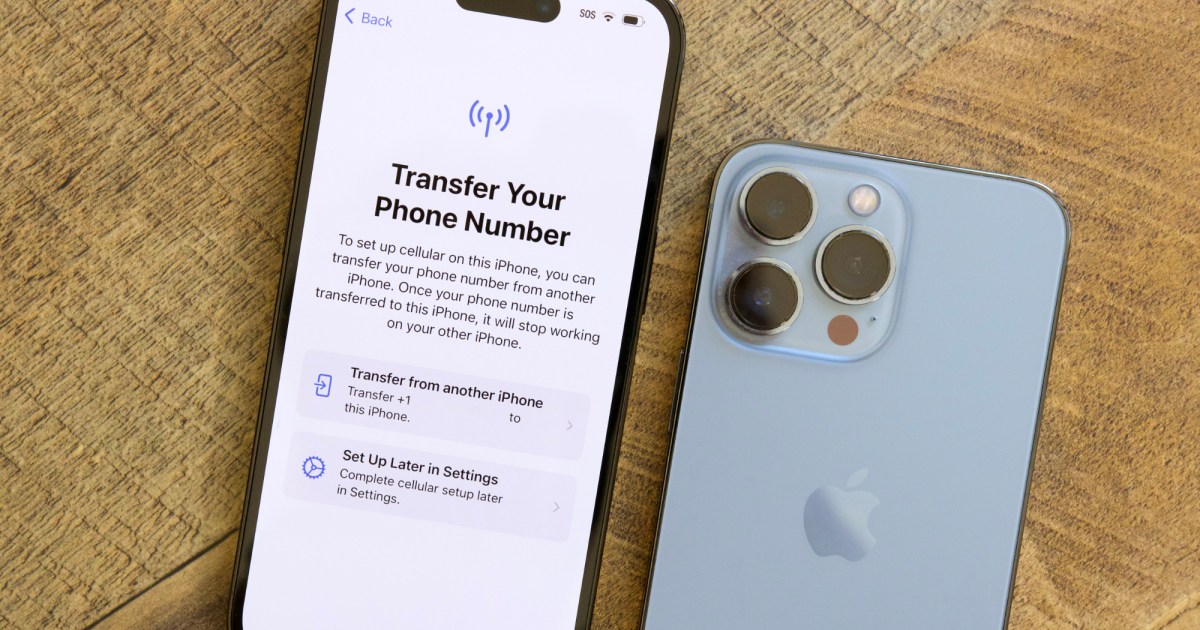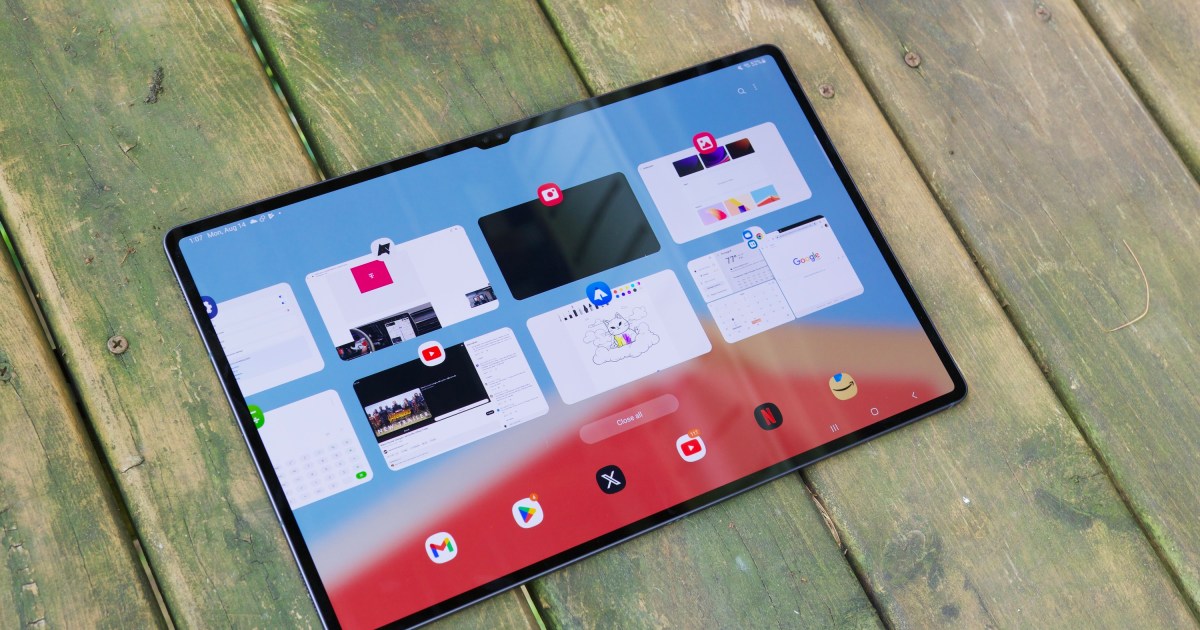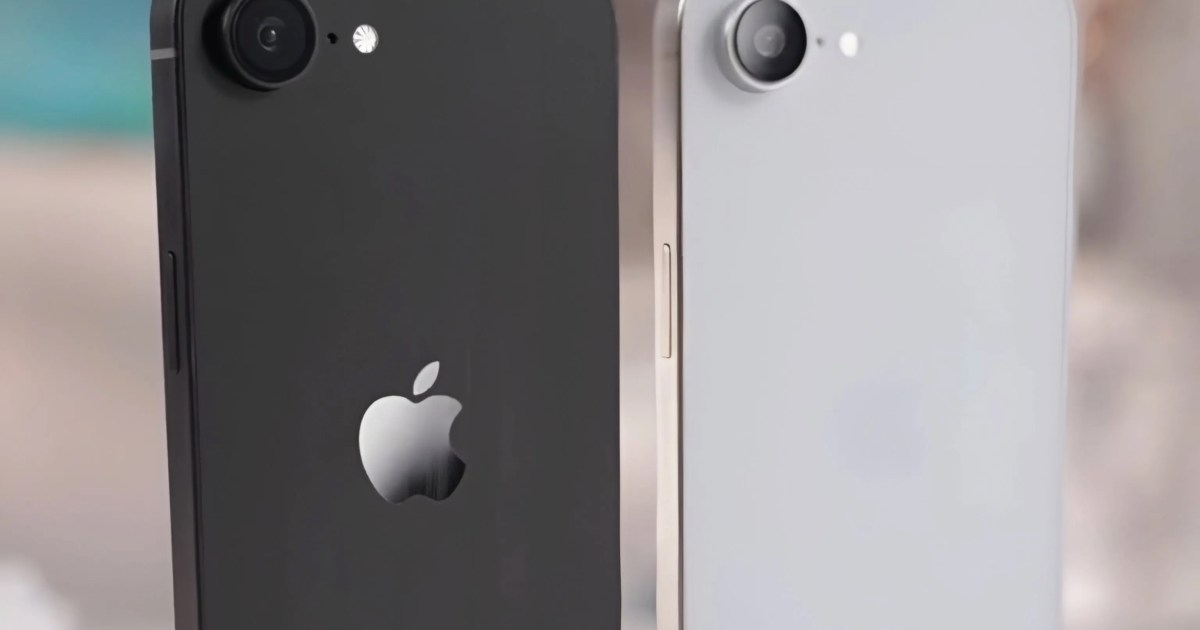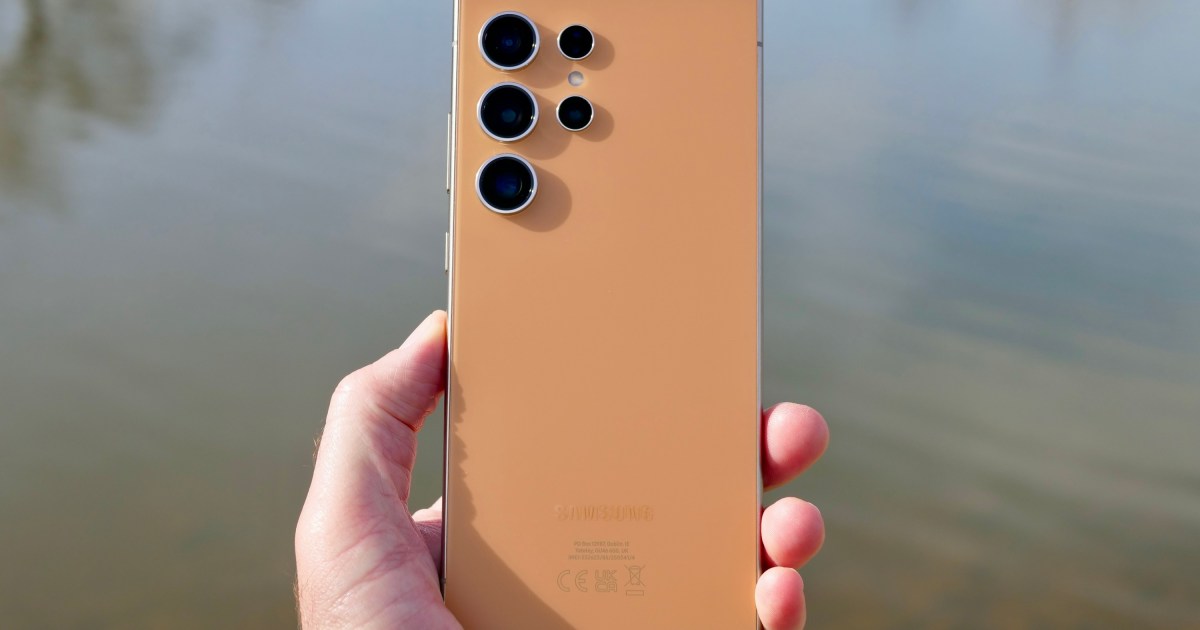Smartwatches have become increasingly popular for health tracking, offering valuable insights into heart rate, blood pressure, sleep patterns, and more. A recent experience highlighted by MaagX contributor Nirave Gondhia showcased how a smartwatch can even be life-saving, aiding in his recovery from a heart attack at just 33 years old. However, despite the potential benefits, a surprising number of users aren’t maximizing the power of their wearable devices.
A survey conducted by the Ohio State University Wexner Medical Center revealed a concerning trend: only about 25% of Americans who use smartwatches for health monitoring share that data with their physicians. This is a significant oversight, as this information can be instrumental in early diagnosis and intervention for various health conditions.
Dr. Laxmi Mehta, a leading expert in cardiology and heart disease, emphasizes the importance of sharing this data. “If patients are tracking their blood pressure at home and notice a consistent upward trend, sharing this information with their doctor can lead to earlier intervention, rather than waiting for an annual checkup,” she explains. Early detection of irregularities, such as atrial fibrillation, can significantly impact treatment outcomes.
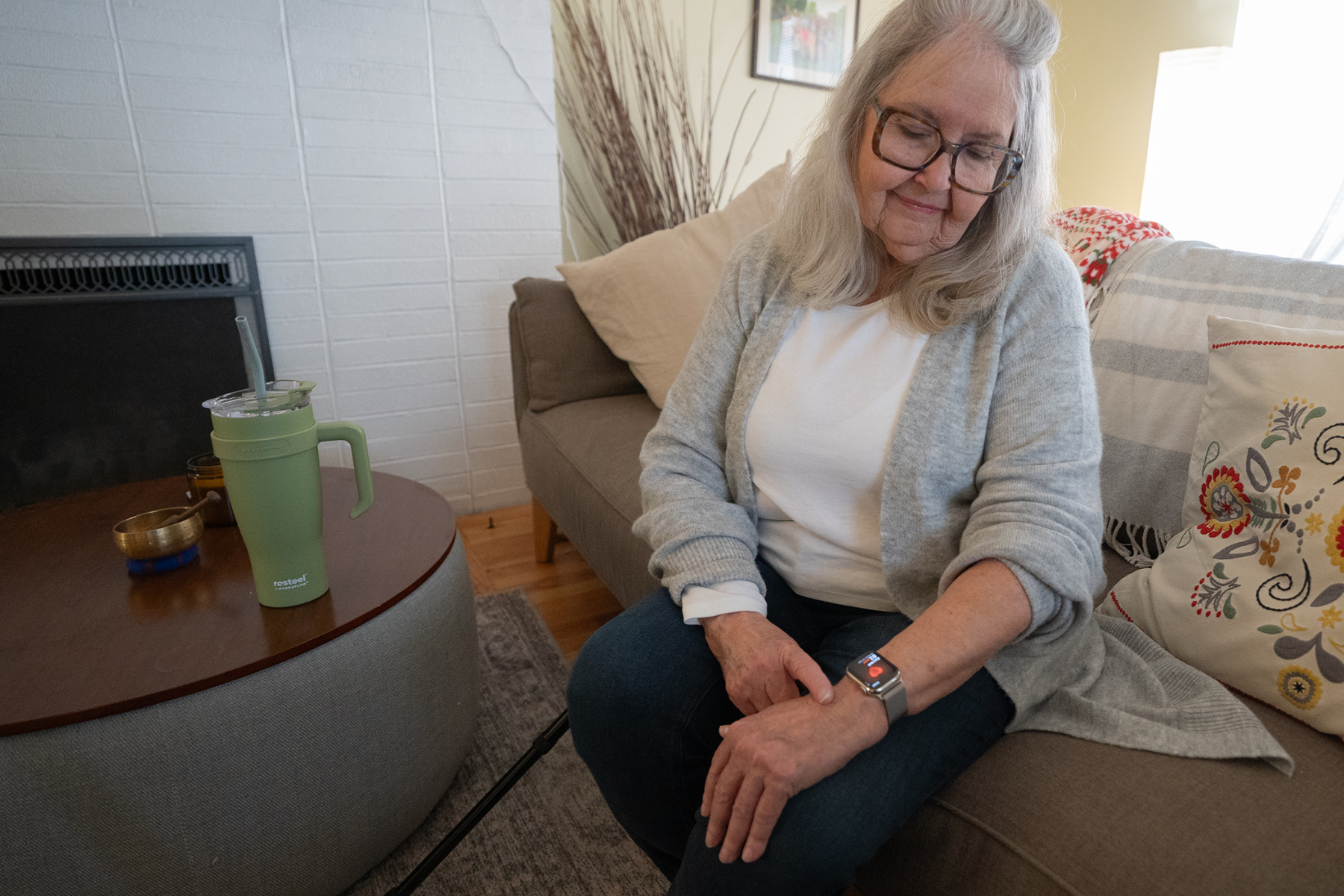 An older woman checking her smartwatch.
An older woman checking her smartwatch.
Smartwatches have become the most commonly used device for personal health monitoring, surpassing other methods. This highlights the growing reliance on wearable technology for health management. Dr. Mehta, who also holds the Sarah Ross Soter Endowed Chair for Women’s Cardiovascular Health Research, stresses that sharing heart activity data with a doctor is a “critical step” in determining the need for medical intervention.
Beyond Heart Rate: Expanding Capabilities of Smartwatches
Modern smartwatches offer more than just basic heart rate monitoring. Devices like the Apple Watch now enable users to perform ECGs and receive alerts about irregular heart rhythms, potentially indicating conditions like Atrial Fibrillation (AFib).
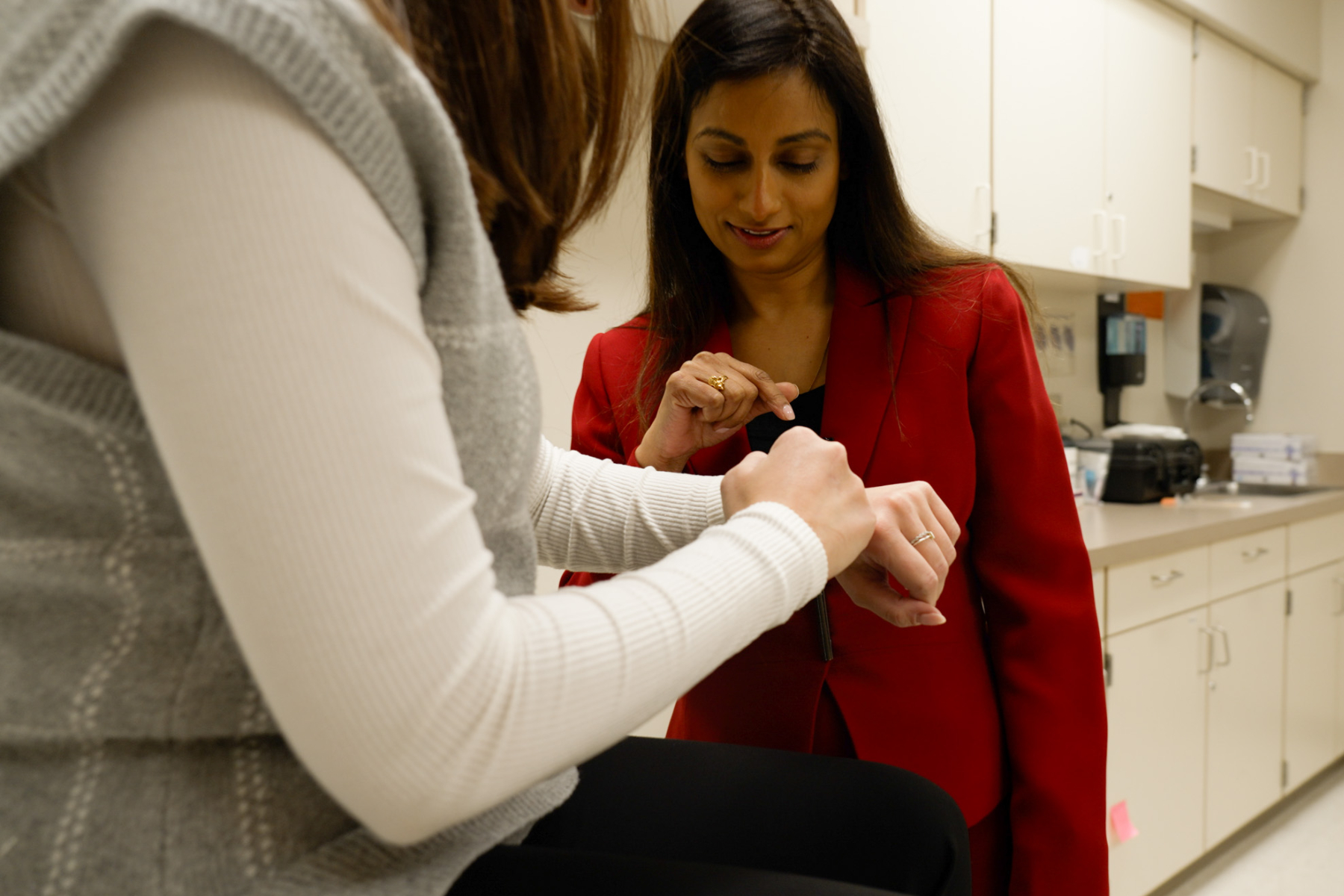 A doctor examining a patient.
A doctor examining a patient.
Smartwatch Data: Fueling Research and Emergency Preparedness
Smartwatches from brands like Fitbit, Apple, and Samsung are increasingly featured in research studies, leading to new discoveries in healthcare. Recent research using Fitbit data from over 5,000 participants demonstrated the potential of smartwatch biomarkers to predict psychiatric illnesses and even link them to genetic factors.
Furthermore, smartwatches can be invaluable in emergencies. Features like the Apple Watch’s Medical ID system provide crucial information, such as age, blood type, allergies, and medical conditions, directly on the lock screen. This readily accessible information can be vital for emergency responders in critical situations.
The Importance of Data Sharing
Sharing smartwatch health data with your doctor can be a game-changer in preventative care and early diagnosis. While these devices provide valuable personal insights, collaborating with healthcare professionals ensures that this information is interpreted correctly and used to its full potential for improved health outcomes. The convenience and accessibility of smartwatches should be coupled with proactive communication with physicians to truly harness the power of this technology for better health management.



